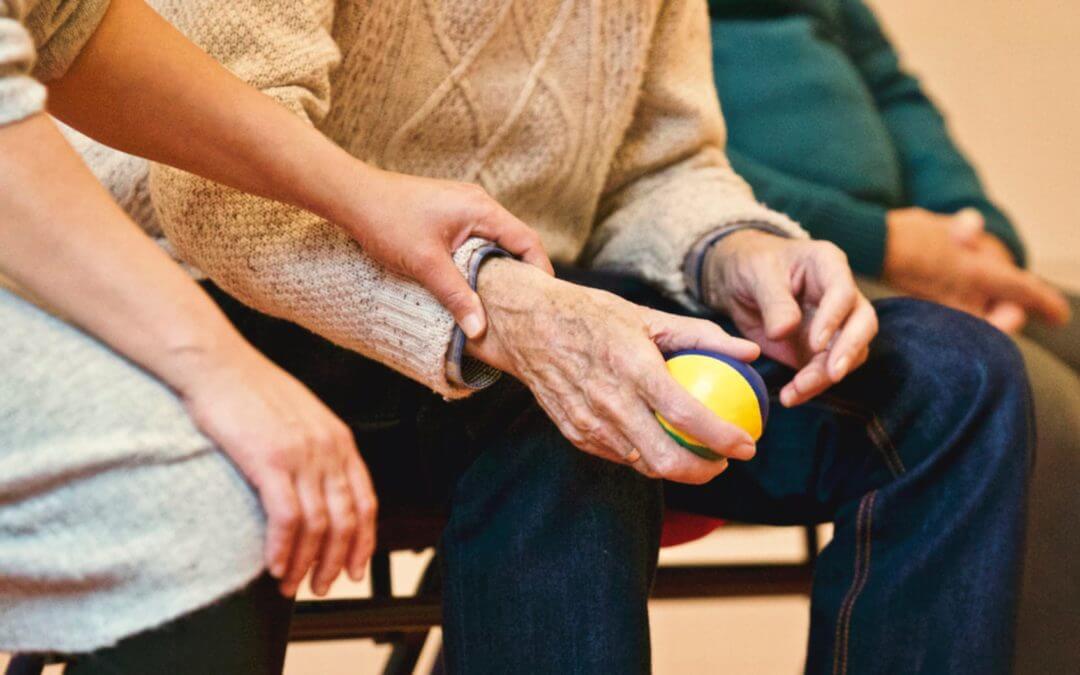The court of appeal has overturned a ruling on sleep in pay for care workers who carry out on call shifts. The court stated that flat-rate payments were fair, meaning sleep-in shift care workers could receive the full rate only for those hours during which they were awake and assisting a patient. While this is likely to be welcome news to those running care homes, it might put a strain on their employment relationship with their carers.
This sleep in pay decision which will create uncertainty for care homes
The timing of this decision is frustrating. It comes after a period of stability when employers knew where they stood (or lay) when working out how much sleep-in staff should be paid!
For a long time, it was that care homes requiring an additional member of staff to be available on a “just in case” basis would provide somewhere for that person to sleep. They would be paid a flat sleep-in rate simply for the inconvenience of staying away from home overnight.
Then a few years ago a number of cases were taken through the tribunal courts that significantly changed this position. In doing so it caused a lot of confusion. The tribunal and appeal courts final verdict at that time was that sleep-in shifts should be paid the National Minimum Wage (NMW).
That led to thousands of carers and lots of care homes mistakenly thinking this meant that carers should receive the actual NMW for each hour they were sleeping in. Many care homes faced considerable financial strain with this additional cost. What what the ruling actually said was that if the sleep-in hours were included as working time, and the total pay for both waking and sleeping shift hours was added together then divided by the total hours of working time, the average pay across all hours should equal at least the NMW. This still meant that most care homes needed to increase the sleep-in rate to ensure their average pay met the NMW, but the financial burden was not as costly.
Court of Appeal ruling
Now, fast forward to 13 July 2018 and the court of appeal decision in the case of Royal Mencap Society v Tomlinson-Blake and Shannon v Rampersad (t/a Clifton House residential Home) has reversed the decision. It has ruled flat-rates or sleep-ins were fair and that the NMW does not apply unless the worker is required to wake up and carry out any work.
The Lord Justice stated that it in his view, those carrying out a sleep-in shift are ‘available for work’ rather than actually working. Perhaps unsurprisingly, Unison have disputed the decision. They are considering an appeal to the Supreme Court. Meanwhile employers are left confused about what they are actually required to do. They are calling for urgent and clear guidance.
If this Court of Appeal decision stands, care homes now have the difficult choice of:
- reducing pay rates again (which may breach new contractual terms), which is likely to lead employee dissatisfaction; or
- to carry on bearing a financial burden that will get get only more difficult as funding for care services gets ever tighter.
At vivoHR, we provide HR and employment services to numerous care homes who employ carers and we understand the specifics of this market place. For a no obligation conversation, contact Sam Swinstead on 0845 463 9365 or email sam@vivohr.co.uk

